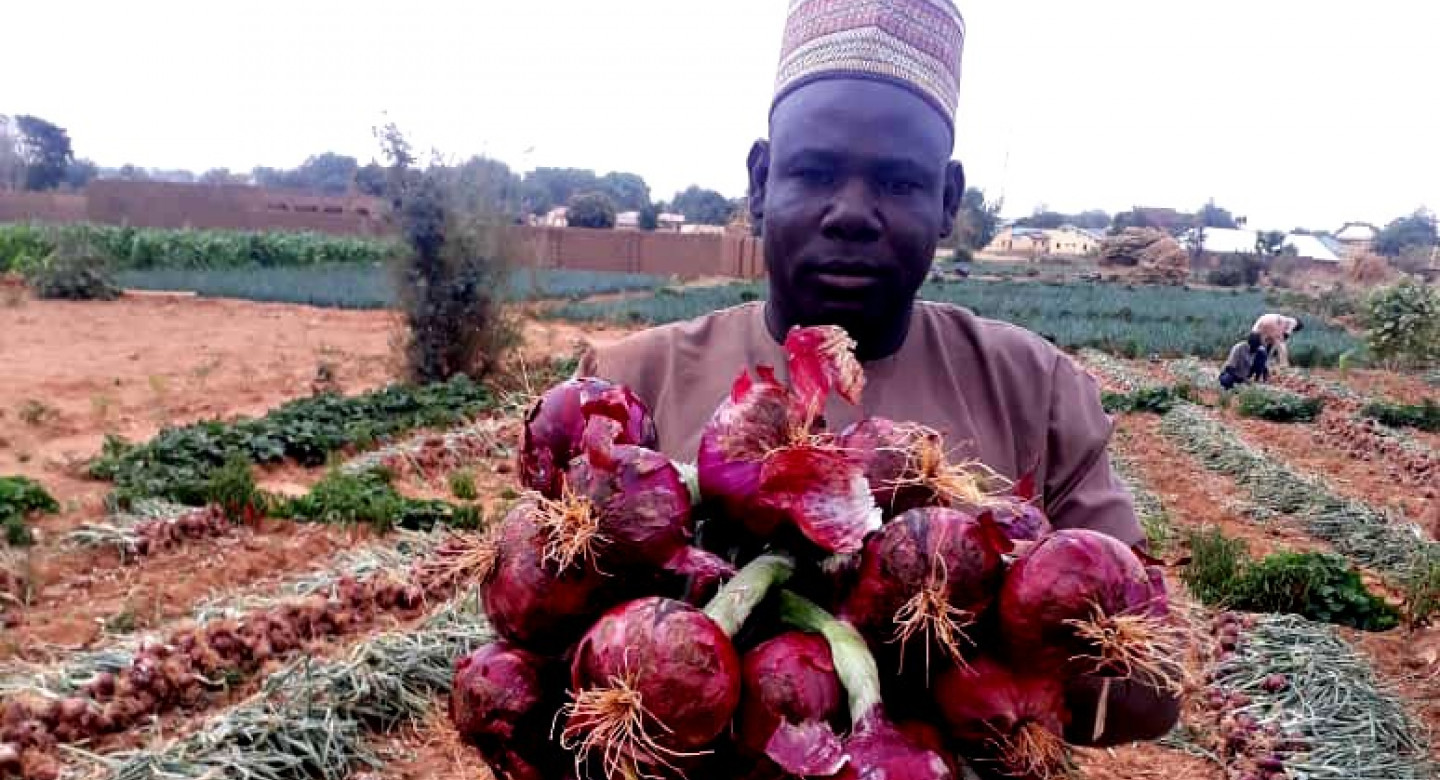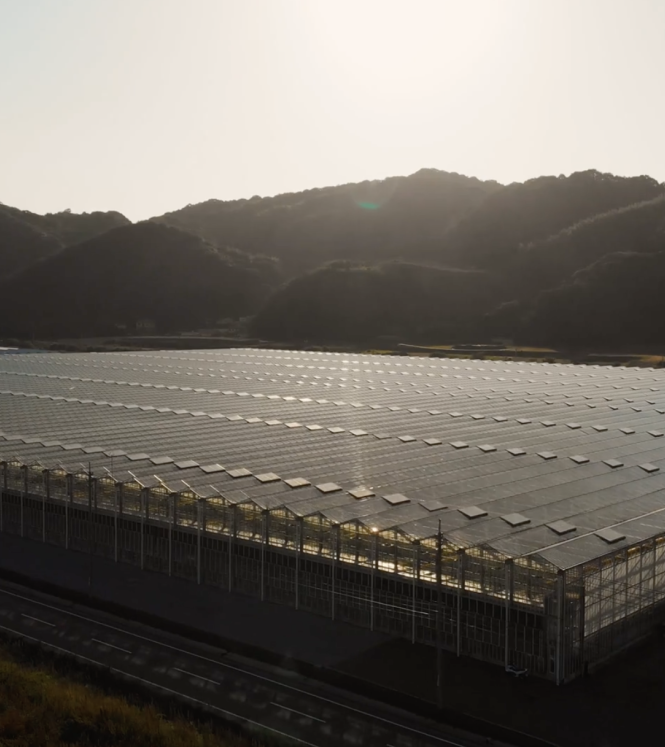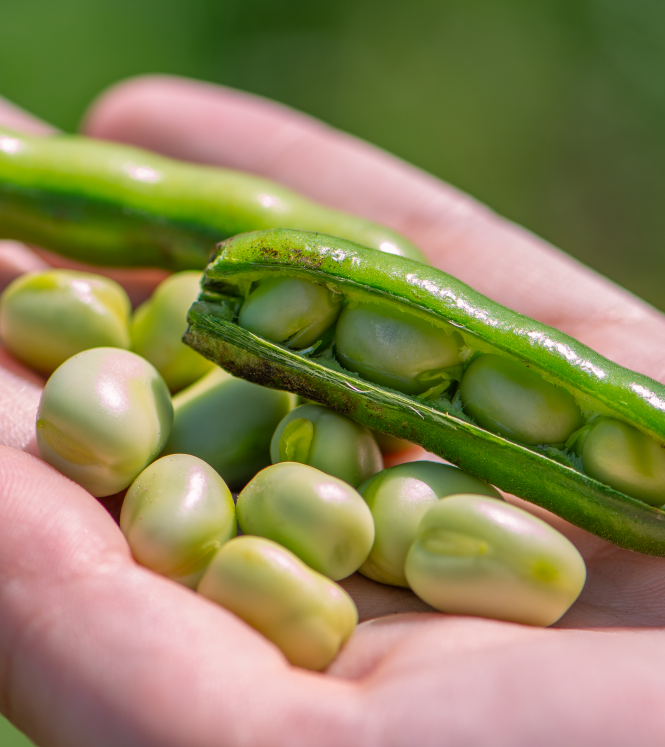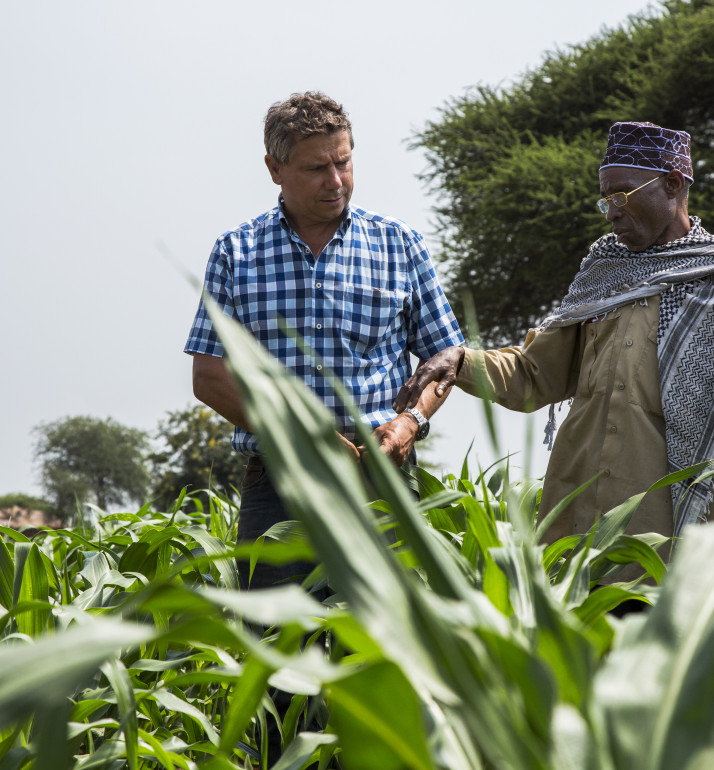

Preparing Nigerian horticulture for the future
The world’s population is expected to grow by 9 billion people in 2050. To increase the supply of high quality and nutritious food, we must come up with innovative solutions that boost production and restore nature and biodiversity. The Netherlands is stepping up its contribution towards achieving global food security. In Nigeria, a group of Dutch companies founded the Seeds 4 Change (S4C) programme, to support the local horticulture sector to become self-sufficient.
S4C is a cluster of Dutch and local partners, coordinated by the Netherlands-African Business Council and supported by the Dutch government. Together, they are supporting Nigeria in alleviating hunger and malnutrition, increase productivity and incomes, and promoting sustainable agriculture in the Kano region.
Nigeria has one of the fastest growing populations in the world. The country faces a great challenge to increase food supply and employment, while weathering the impact of urbanisation.
Agriculture accounts for roughly one-fourth of Nigeria’s GDP. While the sector has great potential, the country still imports a lot of food. Nigeria’s limited arable land is under cultivated, producing low yields. Post-harvest loses are also considerable. The agriculture sector also suffers from ageing rural population and a lack of future perspective for young farmers.
Alternatively, the challenges facing Nigeria offer great opportunities for its horticulture sector. Population increase, notably the growing middle class, raises demand for more diverse and nutritious fruit and vegetables. Just by making small changes, Nigeria’s farmers could benefit from these developments. It begins by using high-quality seeds.
Healthy seeds for greater harvest
S4C supply farmers with high-quality seeds, cultivated for tropical agronomical conditions and much more resistant to pest and diseases. This will enable Nigeria to take first vital steps to a flourishing horticulture sector.
Furthermore,S4C organises trainings for improving crop management and good agricultural practices (GAP), such as seedling raising and nursery management, mulching, organic fertiliser application and pest and disease management. Farmers learn simple techniques, enabling them to increase production and quality, and better products mean higher prices and better income for farmers.
Farmers learn simple techniques, which enable them to increase production and quality
Attracting business and investment
S4C connect farmers with buyers and investors and facilitate dialogue with local government stakeholders. With improved knowledge and skills, better connections and access to finance, farmers can invest, scale up and professionalise more easily, and attract more business and investment to the Kano region.
Ultimately, S4C aims to make farming attractive again for rural Nigerians. They empower young farmers with essential knowledge, skills and connections, preparing them for challenging times ahead.
S4C aims to make farming attractive again for rural Nigerians
Empowering the entire food chain
The combined benefits of improved seeds, crop protection and fertilisers are not only intended to change the life of people in Kano and its surroundings. S4C aims to empower the entire food supply chain, from farm to table. Starting by enabling farmers to get better and stable prices for their products. Retailers and traders will then get consistency in the volume and quality of products, and finally, consumers will get good and safe products on the table. This way the benefits of the S4C programme will be felt across Nigeria





